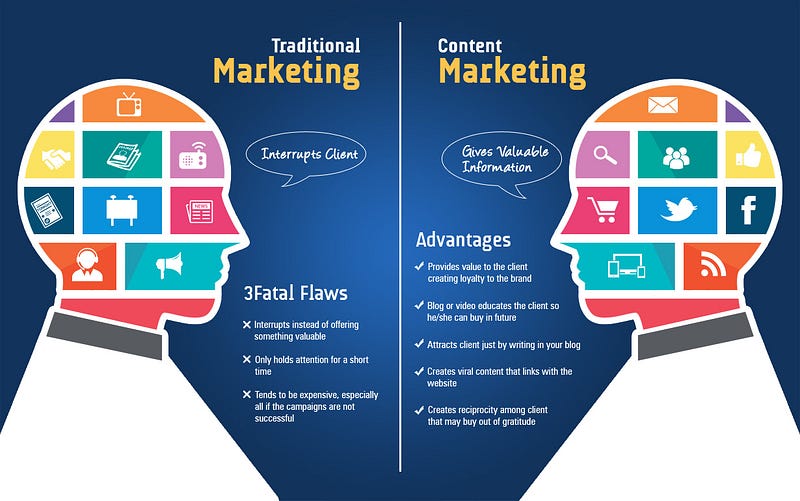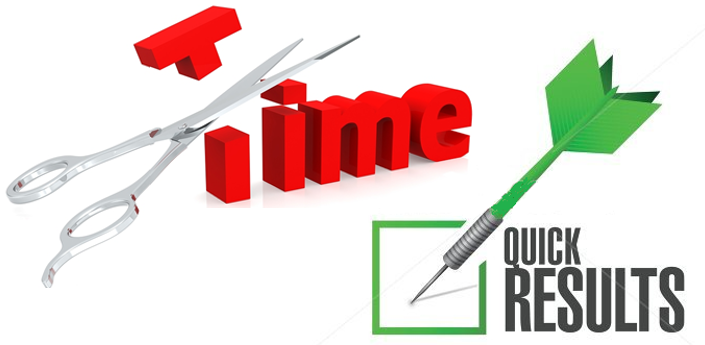Which method of marketing will give me the best reach and best return on investment for the money I spend?
This is the question marketers are tackling every day. Traditional marketing Vs Digital marketing is still one of the major debates in most corporates when making their marketing strategy!
But definitely, digital marketing is gaining its share of importance.
What is Digital Marketing?
Digital marketing is the new age marketing method of the global realm. With internet finding its application and benefit in every aspect of life, marketing too has managed to not only create awareness or promote brands through it, but also give them a global platform to reach a wider customer base. It includes the following:
- Business networking sites such as LinkedIn
- Social media sites such as Facebook, Instagram and Twitter
- Email marketing
- Paid pop-up ads
- Blogs
- Click-baiting URLs for viral content marketing
What is Traditional Marketing?
Traditional marketing refers to the conventional methods of marketing used ever since the concept of advertisements or marketing came into existence. This primarily includes the following modes for brand promotion:
- Newspaper
- Flyers
- Radio
- Television
- Billboard advertising along roads and highways
- Magazine Ads
Benefits of Digital Marketing over Traditional Marketing
1. Cost
Newspaper ads, television ads, and the likes cost a lot. Online advertising, on the other hand, is something even young entrepreneurs can afford right out of some saved up money.
So, even school goers can have a startup thanks to the cheap cost price for online marketing. This, in turn, helps expand the scope of marketing across boundaries of age and finance.
2. Real-time result
Digital marketing has an edge over traditional marketing since it is able to give quick results, while the latter keeps you waiting for long before showing any results.
With online marketing you can measure and view everything from a number of visitors, conversion rate, busiest period of the day and bounce rate too with ease.
3. Quicker Publicity
Very much due to the real-time results of online marketing, you get instant publicity. If you don’t, you at least instantly know that this particular ad isn’t working for you.
Traditional vs. digital marketing is an almost unfair comparison here because the former has no scope to deliver in this regard. Whereas with the latter, there is a chain reaction of shares and comments helping you reach a new audience and earn a new visitor every nanosecond.
4. Higher Engagement
With traditional marketing, you cannot really interact with your target audience. You need to wait out for the responses to come in before you can plan your next step. This is a long and tedious process.
Online marketing allows you to engage your audience in real time. You can chat and discuss a lot about your brand or Company with the actual audience immediately. Yes, this demands more engagement from your side too. You need to be prepared to invest that much time or a public relations team into the marketing budget.
5. Easy Analytics
With digital marketing measuring your marketing efforts becomes very easy and quick.
You can instantly see which strategy is working and which isn’t through Google Analytics, besides other aspects too such as general trend, inbound traffic, conversion rate, interested audience, bounce rate and profit.
This all makes the digital marketing vs traditional marketing debate, highly unfair by putting the former on the winning side by a wide margin.





Comments
Post a Comment